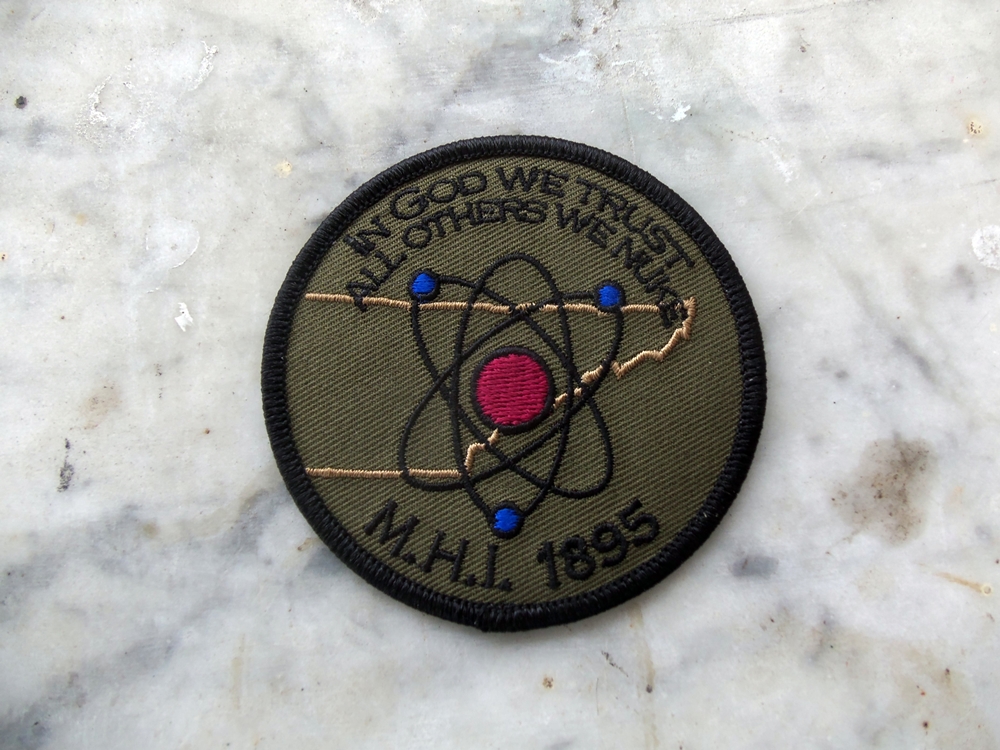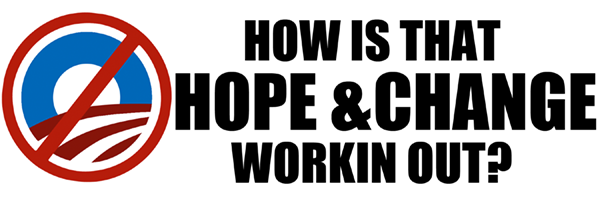Is US-bound Magtech ammo microstamped?
I bumped into a Venezuelan news article where the Presidential Commission for Guns and and Ammunition Control and Disarmament went to Brazil to visit CBC (Companhia Brasileira de Cartuchos. Brazilian Ammunition Company) to learn about “ammunition marking and control of its usage” guided by CBC’s Director of Commerce Salesio Nuhs.
Since I am used to gun tech terminology in English only, I wanted to make sure if they were talking about micro-stamping. I googled “Companhia Brasileira de Cartuchos” and it led me to their English website where I find out that they are the manufacturers for Magtech ammunition, a brand well known in the US. I could not find a thing about micro-stamping or ammunition marking anywhere so I next Googled the name of Salesio Nuhs. It confirmed that the man works for CBC and also an article in Pravda’s Portuguese version where Mr. Nuhs explains how the company helps the Government. He said:
Brazil already has one of the world’s most restrictive laws on guns and ammunition. All weapons manufactured in the country have a serial number marking in several parts, also the ammunition that have an ID in the base that allows you to track the buyer in real time and via the online system….It allows the the Army to consult in real time, the ammunition sold, inventories in the stores and the amount of ammunition purchased by the consumer.
Where specifically is the ammunition marked was found in the Brazilian on-line publication O Cone Sul:
“The ammunition for the organs of public security have a laser marking on the rim of the shell, which allows identification of its purchaser. From the information provided by industry was found that the ammunition from the PM’s armed gangs were supplying the German Complex, “explains Salesio Nuhs, vice president of the National Association of Manufacturers of Arms and Ammunition (Aniam).
Farther down in the article, Mr. Nuhs explains that the authority actually calls CBC to a crime scene where cases are present to trace the origin of the ammunition because it is CBC the one that created and maintains the micro-stamping technology.
Although I doubt the Brazilian Army is somewhat tracking the lots of Magtech ammunition sold in the US, it is alarming that such capabilities are not only available but running somewhere else. Still the idea that micro-stamped ammunition is already flowing through our commercial pipelines is disturbing. I confess that I do not have Magtech ammunition with me so this is all speculation on my part (so far), but it would be nice to see if the cartridges sold here do have some sort of markings in the cases or even the bullets themselves.
I sent an email to CBC and I will be expecting an answer sometime next week. Withe any luck I’ll try to find not only if they do see if I can get a description of their micro-stamping techniques and tracing system.
PS: CBC also produces a limited amount of firearms (The site shows what appears to be a clone of a Ruger 10-22) and they admit in the article that RFID chips are embedded and that they provide the tools for their tracking. Chiappa all over again.
Sean Sorrentino corrects rightfully:
I think that you are using the term incorrectly. “Microstamping” has always been used to refer to the idiot idea that you could modify guns to stamp a serial number in the case as it was fired in order to ID the gun from which it was fired. Since only a moron would believe that this was possible, it hasn’t gotten far.
What you are talking about is ammo serialization/ammo registration. That’s expensive and wasteful of resources, but technically possible. It requires that all ammo sold be “registered” at the point of sale. That type of registration has been outlawed in the US. That’s why the gun grabbers are trying to argue about how many serial numbers can dance on the head of a firing pin.





